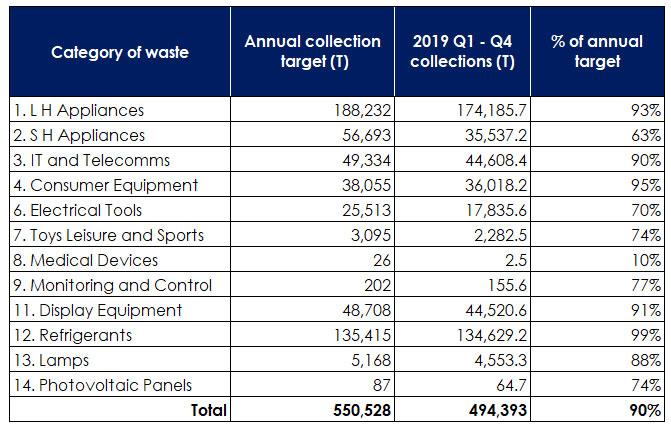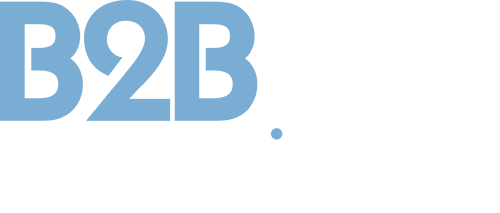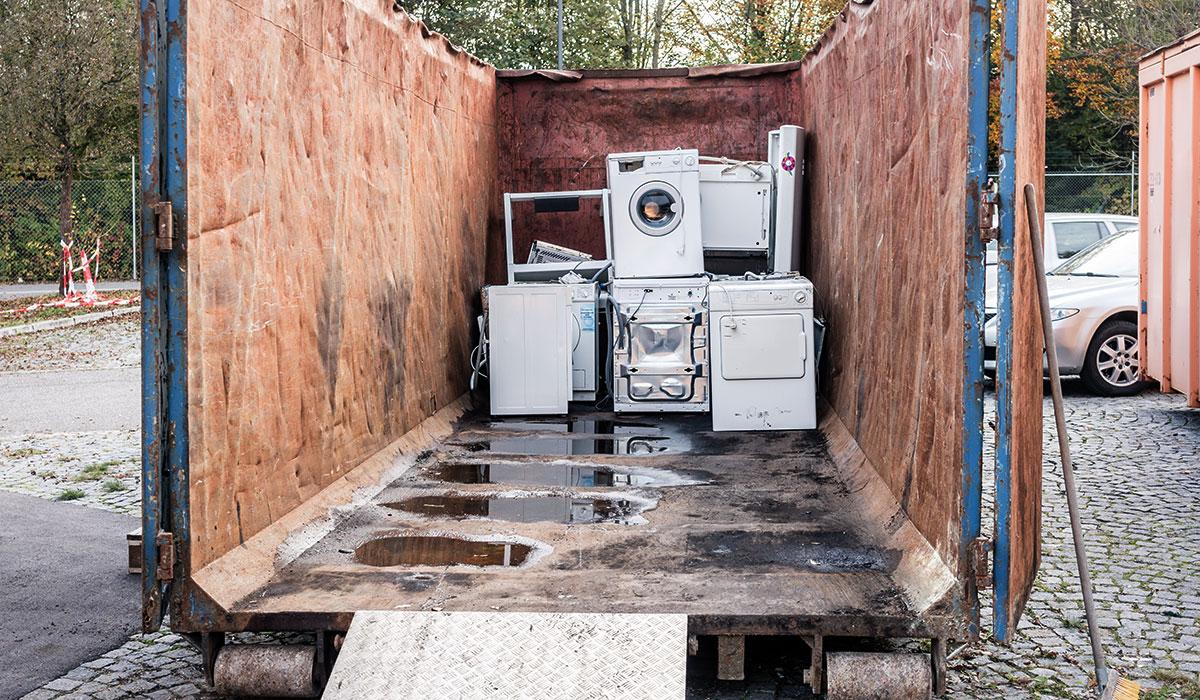For the third year in a row, the annual WEEE collection targets have been missed. This comes as no great surprise however, as all the quarterly figures released throughout 2019 have highlighted poor collection performance that increasingly looked impossible to rectify.

Small Household Appliances (category 2) was the worst performing category, achieving only 63% of the annual target, but none of the other categories achieved their target either, leading to an overall collection rate across all categories of only 90%.
In terms of tonnes collected, 2019 performed better than 2018 to the tune of nearly 2,000 tonnes, but sadly this pales in comparison to the 56,000 tonne shortfall required to meet the 2019 targets.
The huge shortfall means that compliance schemes who are required to buy evidence of recycling for B2C producers will need to rely on the compliance fee, a mechanism that generates funds for the WEEE Fund to spend on projects that can improve WEEE collections. In 2017 and 2018, the fund generated over £10 million, and 2019 looks set to increase that pot of money significantly.
Change in legislation required
In 2020 a government review of the WEEE regulations has been released and a government consultation is expected later in the year.
Robbie Staniforth, Head of policy at B2B Compliance, commented “No one in industry will be surprised by these results. The compliance fee, producer balancing system, target-setting and WEEE fund are all necessary evils, rather than a well thought out policy framework.”
“It is heartening to see the policy wheels starting to turn in Government as only a change in legislation will restore sanity to this industry. We’re hopeful that it will be third time lucky for the WEEE system as we can learn from the mistakes of the previous two versions of the regulations.”
Book a WEEE collection
To book a WEEE collection using the B2B Compliance UK-wide collection network, please click here.


